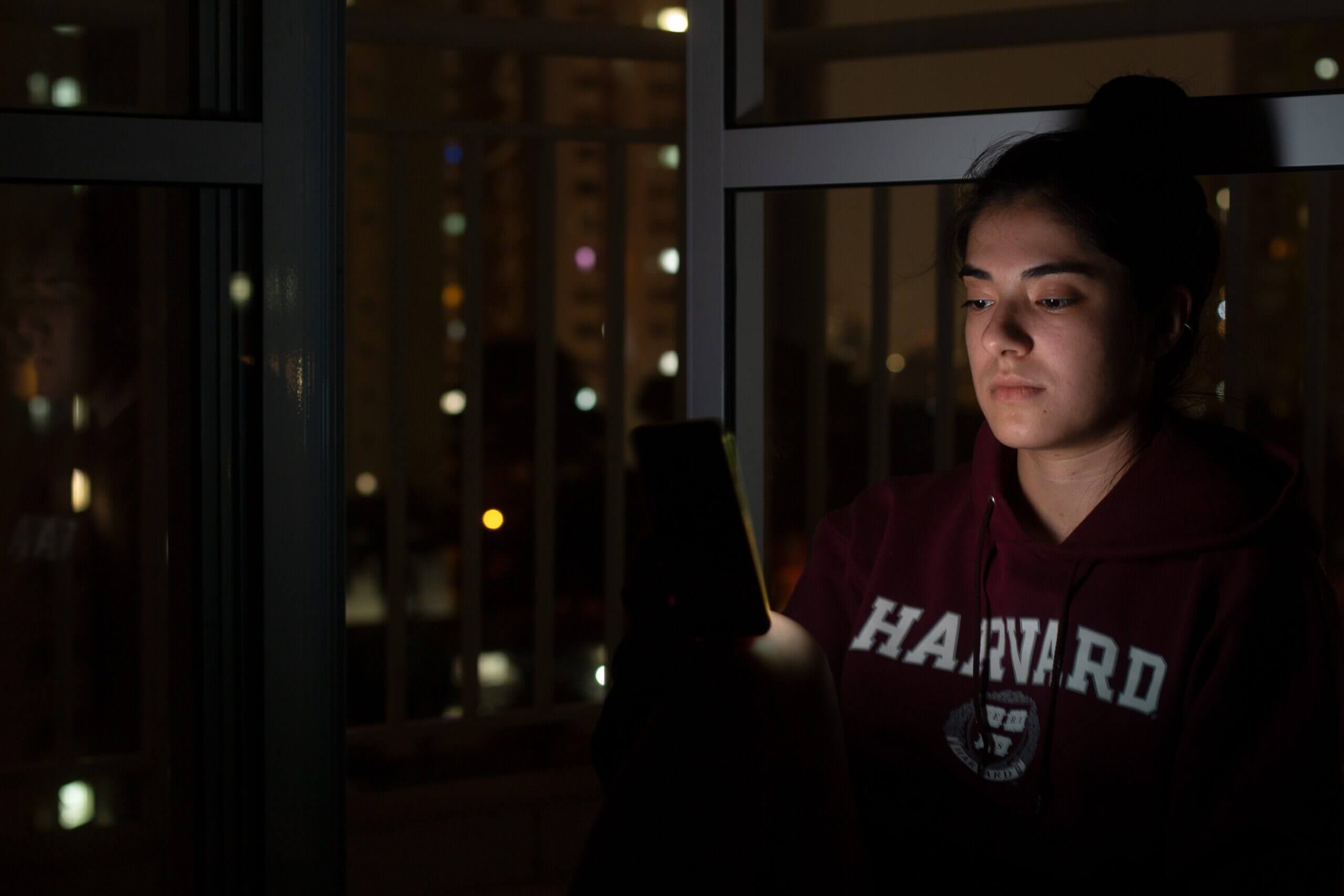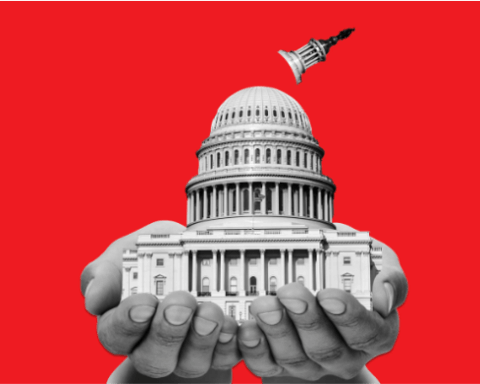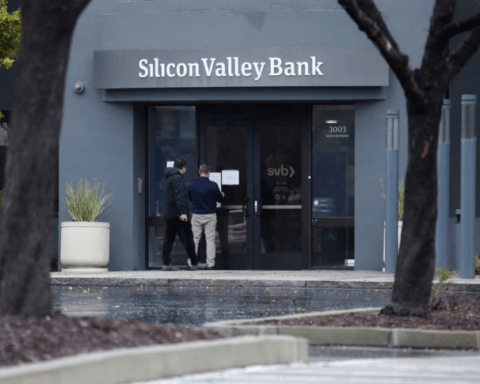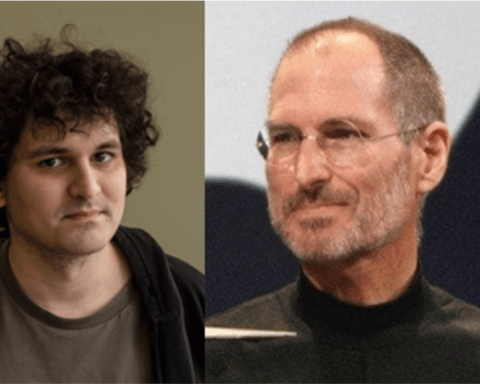In a very disturbing article by Noah Smith in “Bloomberg Opinion,” Smith seems to be of the mind described in the article’s title, “Too Many of America’s Smartest Waste Their Talents.” Smith cites a lawsuit by a group of students who call themselves Students for Fair Admissions, the lawsuit alleging that Harvard University used “highly subjective personality ratings to penalize Asian applicants.” By definition, subjective means “based on or influenced by personal feelings, tastes or opinions.” Welcome to the world, Students for Fair Admissions.
One of the most painful lessons of Life is that your accomplishments might mean nothing to someone making a decision to give you an opportunity, but if it is any consolation, they will tell you how much you impressed them in the rejection email they send you.
In the case of Harvard, (according to NBC News) forty-three percent of Harvard students are legacy, athletes, or related to staff or donors; that leaves just a bit more than half of the students that make it in to Harvard do so on the merits of their accomplishments and not because of their last name.
Smith apparently failed to mention the small fact about almost half of Harvard’s students are gaining admission not because of their academic accomplishments, but because of who they were related to or for their athletic abilities. Yet, in the light of the fact that the elites of America are born into wealth and success reminiscent of a feudal society, Smith still holds out hope that America is a meritocracy. While America is a meritocracy to some extent, the idle rich class and their progeny still have the red carpet rolled out several miles ahead of them, with no end in sight.
The idle rich class still propound that we are a meritocracy, if for no other reason than that our democratic process might finally decide they don’t deserve riches they never worked for and vote to have their wealth removed from their bank accounts, trusts, and other financial legacies. So, of course, the idle rich class is going to advocate a meritocracy, even if it doesn’t apply to them.
My favorite paper icon is Amy Chua, a staunch advocate of meritocracy. Amy is a Yale law professor, who wrote a letter to the U.S. Senate recommending that they approve Bret Kavanaugh for the Supreme Court, and then, in a bizarre and almost unexplainable twist of fate, Amy’s daughter was granted the job of clerk for Supreme Court Justice Kavanuagh. Life is just full of coincidences, isn’t it? Those coincidences occur most often among the idle rich class, but I’m not a conspiracy theorist.

To quote Smith: “The notion that college admissions should be based on objective standards of individual achievement-grades, test scores, and performance in extracurricular activities-is predicated on the idea that it’s good for society to identify and funnel educational resources to its brightest, most capable people.” Since nearly half of Harvard’s students don’t really comply with that criteria, it must mean they don’t really acquiesce to Mr. Smith’s philosophy. By all means, our society needs the “best and the brightest,” a policy that the Kennedy Administration used to assemble the most brilliant minds in America to determine our policies that resulted in the Vietnam War.
The Vietnam War was meritocracy at work, or if you wish for an alternative explanation, perhaps many of those “best and brightest” who bravely sacrificed many young American men (and few, if any, progeny of their own) were just Harvard graduates like Kennedy himself, scions of the idle rich class who graduated from a super-hyped college and attained positions not because of their knowledge but because of their pedigree.
I will give Kennedy credit, though, as he had faced the sacrifices of war on a personal level. If these people are as brilliant as Smith claims, not being admitted to Harvard shouldn’t really be a problem, as their superior intellect would prevail in any situation or environment. You don’t have to go to Harvard to be brilliant, and there is a probability that slightly less than half of Harvard’s student population aren’t that brilliant.

I give Smith credit when he says “The upshot is that many of the country’s best and brightest are either exerting their talents trying to beat each other out in a zero-sum trading game, or exploiting legal and behavioral loopholes to part investors from their money.” So, wait a minute, our best and brightest aren’t seeking to better our society, they’re just out to make it rich so that they can join the idle rich class. Billions of dollars of our economy go to people who produce nothing that can be consumed; nothing they produce can be eaten, worn, driven, or enjoyed. Isn’t that the problem, Mr. Smith, that our best and brightest aren’t looking to make our society better, only themselves?
because our best and brightest can’t get into the meal ticket called Harvard, they do what most American citizens do when they don’t get what they want, they call their lawyers and file a lawsuit.
Mr. Smith: “But since the 2008 crisis, there has been a growing sentiment that much of what the finance industry does involves siphoning value — which economists call “rents” — from the rest of the economy. Economists such as Thomas Philippon argue that the industry has gotten less efficient. There are many reasons for this — implicit government guarantees propping up unproductive banks, trading activity that wastes resources, and excessive money management fees.” Why then, would our government take measures to see that even more citizens attempt to enter that field of endeavor? The waste of talent is not that they cannot enter the lucrative financial sector of our economy, the waste of talent is that they are seeking a place in the economy where they make themselves wealthier at the expense of our population while producing nothing of value to our economy, only themselves. All the while, our government, heavily influenced by generous lobbyists, protects the financial class with laws and regulations that support their bloated, money-grubbing work force.
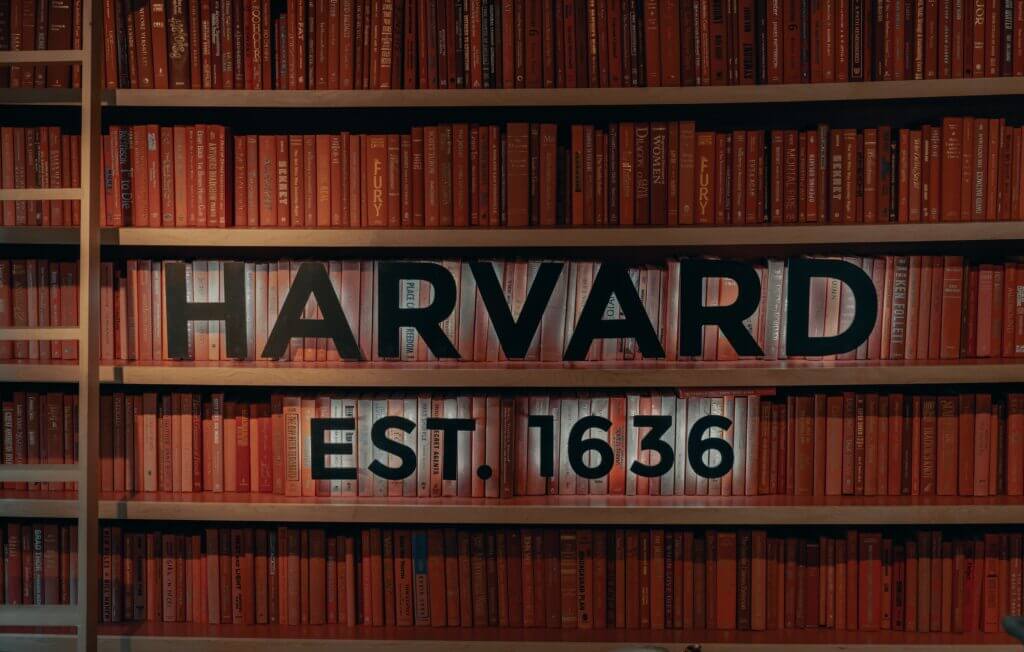
So because our best and brightest can’t get into the meal ticket called Harvard, they do what most American citizens do when they don’t get what they want, they call their lawyers and file a lawsuit. Working hard for years, making all kinds of sacrifices, and then, in the end, someone denies you what you consider your reward for your sacrifices isn’t a legal issue, it’s called Life. Life has no promises, and bitter disappointments only means that you resort to another plan, not call lawyers and claim you were not treated fairly. Life is not fair, and I didn’t need to go to Harvard (or get rejected by Harvard) to know that.
Mr. Smith again: “The U.S. economy still does make use of meritocracy, as indicated by the fact that college graduates get paid higher wages. But there are troubling signs that talent is being squandered in large amounts.” Of course talent is being squandered in large amounts; it is just that it is more noticeable nowadays. Some time ago, there was an article about a man with one of the highest IQs in America, and he was a bouncer in a bar. We have cab drivers with IQs over one-hundred and forty. We have some of the greatest musicians who will never be able to make a recording of their talents. College graduates are paid more because they generally know more than people who didn’t go to college; certainly not in every case, but in most.
Mr. Smith: “Thus, making the university system a little more meritocratic is mostly a sideshow. The real threat to American meritocracy comes from poor incentives in the working world. Fixing those incentives should be a top priority.” Yes, Mr. Smith. Blue collar wages stagnated for decades, while many professions collected more and more of our nation’s wealth. Instead of advocating for their fellow working citizens, many college-educated professionals just bought new cars, bigger houses, and made substantial donations to the Harvard Endowment to get their child into the boarding school of the idle rich class. In case you didn’t know, the Students for Fair Admissions lost their case against Harvard, but have since appealed to the U.S. Supreme Court, which was then delayed by the Supreme Court in June of 2021.
It isn’t that I don’t believe in capitalism or meritocracy, it is that I know that any society where ten percent of the population owns ninety percent of the wealth might as well not call itself a capitalist society. Societies where there is a gross imbalance of wealth will face the reality that economics determines politics, or, as the economists and political scientists say, economic determinism. While the idle rich class can afford capitalism, and espouse its benefits, the starving masses cannot. To quote Anatole France, “The law, in its majestic equality, forbids the rich and poor alike to sleep under bridges, to beg in the streets, and to steal their bread.”
Smith’s article can be found at this link

Jeffrey Neil Jackson is an
Educator & Literary Mercenary

